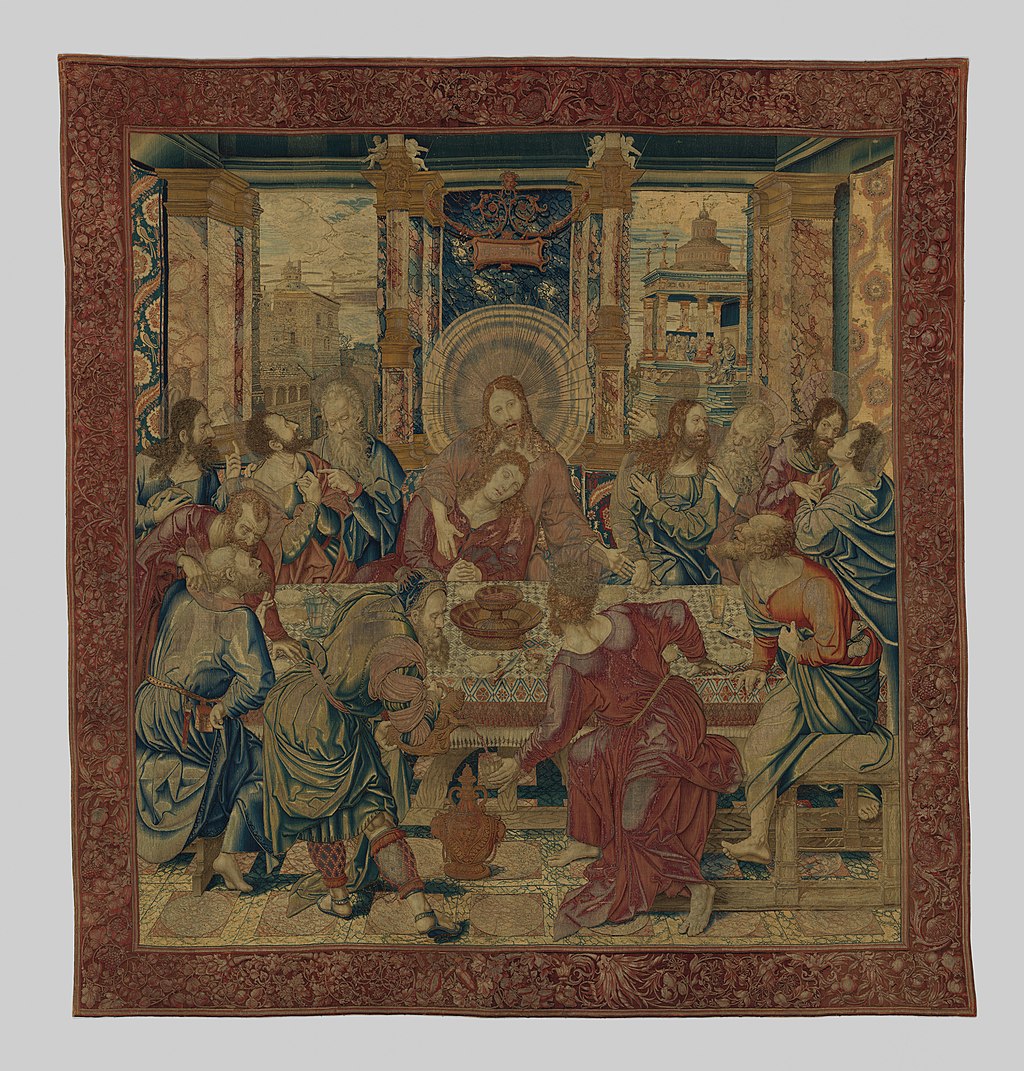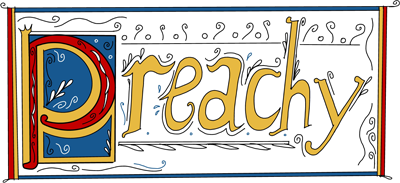
My Table is My Altar
 When I need to call upon inner strength, I often think about my mother’s hands. In the ten years since she passed away, I can no longer remember her exact smell. Nor can I see her face as clearly in my mind as I once was able. I see it blurred, soft and undefined, like looking at someone through a frosted pane.
When I need to call upon inner strength, I often think about my mother’s hands. In the ten years since she passed away, I can no longer remember her exact smell. Nor can I see her face as clearly in my mind as I once was able. I see it blurred, soft and undefined, like looking at someone through a frosted pane.
But I can still picture her hands in constant conversation. I can see her, still now, orchestrating my entire world between her palms. The hands that held mine nightly in bedtime prayer, the hands she used to administer the Eucharist at Sunday mass, the hands that wiped my tears and stroked my hair. The hands that fed me, nurtured me, and laid in mine during her final earthly moments. They were loving hands, devoted hands, the hands that made me who I am today.
I also remember her hands in the kitchen. Mashing potatoes and sauteeing onions, prepping pancakes and frying chicken. I shadowed my mom in the kitchen whenever possible, learning from her, spending time with her. It was between the stove and the fridge that we talked and laughed, where I learned the rules of roux making, the practice of poaching eggs, the gospel of good gravy.
Between the hearty meatloaves and ragùs she rustled up for us, she also poured her heart into peach pies for prayer meetings, cookies for Catechism, yogurt cake for youth group. Devotion and cooking were so intertwined for her, that you couldn’t help but taste the love with which she ordained each dish. Cooking was just as much a prayer as her daily acts of worship were. It was an expression of kindness, a communion of care. Cooking, I learned, was love.
I grew up as a Cradle Catholic. The Church, like home-cooked meals, was a constant in my life. But although my mom was involved in every aspect of our Church community, I always found myself lacking her same religious zeal. Always more than a chore than a choice, church-going was an exercise in patience. Patiently accepting that mass was non-negotiable, patiently waiting for my mom after church to talk to her friends and rearrange the hymnals. Religion was never a choice, it was a birthmark, forever with me.
It was this unquestionable faith that I carried with me when I left for college. Armed with the teachings of my faith and a clear plastic ring binder filled with recipes my mother had typed out, I had no idea these two gifts were to be the last she ever gave me. Eight months later, she was gone.
The autumn after she died, I began my second year of university. I tried to maintain the Sunday mass habit that had been instilled in me. It felt like a betrayal not to. But without the person who embodied religion for me, I soon began to stray from weekly mass. I replaced religion with distractions, some good, some destructive. I busied myself with schoolwork, parties and part-time jobs, hoping that my exhaustion and mental fog would safeguard me from the pain of my loss.
Along with neglecting to nourish my spirituality, I began neglecting my physical nourishment too. With no family home anymore and no one to have a family dinner with, the meals my life had so often revolved around had been replaced by instant ramen, canned soup and microwavable meals. Like so many things in my post-mom reality, instant gratification took the place of love and care. There was an emptiness to life, but I thought it was just grief.
Over the next few years, I buried away the strict rules of my faith as well as the folder of recipes that got lost somewhere in the jumble of boxes and suitcases I moved with from one house to another, from dorm rooms to house-shares, until finally, I had my own space. While unpacking the boxes in my new home, I found my mother’s ring binder. I flicked through the pages, each one containing the recipe of a memory, each one telling the story of my mother’s love. It felt like a missing piece of myself had suddenly been unearthed. I remember my partner, a Brit, looking over my shoulder, smiling and saying, “You can finally make me that meatloaf you’re always talking about.”
From some ground beef, onions, eggs, breadcrumbs, dried herbs, and ketchup, I began moulding my sense of self back together. It felt good to be making something from scratch, to be revisiting the lessons learned from years gone by. From that first meatloaf that I made with love for my partner, I was filled with a sense of joy I hadn’t felt in a long time. I was transported back to being in the kitchen with mom, using our hands with purpose. I felt closer to her than I had in a long time, and through that, closer to God.
It doesn’t have pews, paintings or a piano, but my kitchen has become the church I had been missing, my table is the altar at which I serve loved ones. Cooking helped me to reconcile the past with my present, allowing me to express my devotion through my mother’s, and now my own, dishes. To me, my mother always represented God’s ordinary goodness and these treasured recipes are a testament to her service. I sense her with me when I pull a cake from the oven and feel the heat on my face, I hear her laugh in the whistle of the kettle, her voice in the gentle simmering of a soup. These are my daily liturgies, for which I give thanks.
